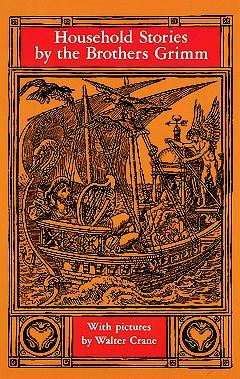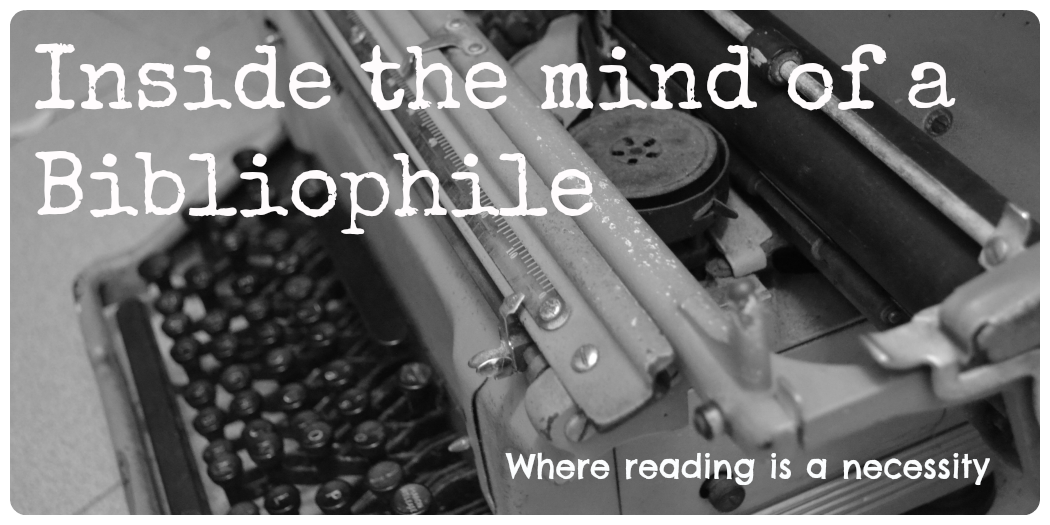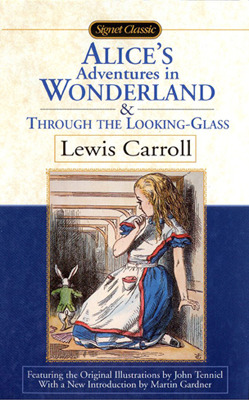First week: Grimm's Fairy Tales

My essay:
Bad People Finish First: Rewarding Lying and other Bad Behaviours
To me, fairytales were stories that rewarded good and beauty while punishing evil and greed. While this holds true for many stories, such as The Goose Girl, Aschenputtel, etc there are a significant number of stories where behaviours, such as lying/deceit in "Clever Gretel" and "The Three Spinsters", abusing animals in "The Frog Prince" and "The Wonderful Musician" or a refusal to listen to bad advice, as in "Faithful John". In all these stories, the protagonists does things that most would agree are at best, not good. Yet there are all given Happy Endings, with no repercussions.
Two things these stories have in common are the gender and status of the protagonists. Both protagonists in Clever Gretel and The Three Spinsters are poor young women. Hence, it's possible that as a member of a disadvantaged group, deviousness was not only necessary, but lauded. In Faithful John, the prince has a sufficiently high status (and a loyal retainer) that he can afford not to listen to good advice, showing that the upper-classes have more room to make mistakes. Likewise, the musician in The Wonderful Musician has a valuable skill that he can use to raise his status, and choose who he wishes to friend.
The only exception is the princess in the Frog Prince, who is female, yet is never reformed. Because the story is short on details, I theorise that her behaviour is condoned because of her status, which supersedes the requirements of her gender to be a nice girl (like in "The White Snake", where the "proud" princess is changed by an apple into a loving one, or "The Gallant Tailor", where the princess, having married under deceit, cannot leave her husband).
In conclusion, the Grimm's Household stories are surprisingly practical - if the deck is stacked against you, cheat. But otherwise, remain the role you are born in.
(Score:6)
Second Week: Alice in Wonderland and Through the Looking Glass
My Essay (done in a rush because... school life took over):
What is "Natural"?
The word "natural" is used four times in Alice in Wonderland, and three times in Through the Looking Glass. In most of these cases, the word "natural" is used in contexts that could be broadly divided into two - positive (talking animals, dancing with Tweedledee and Tweedledum, and Alice herself are natural) and negative (floating, watches and waistcoat-pockets and confusing conversations). To me, this seems to indicate that Lewis Carroll had a very specific definition of "natural" in mind.
Like in fairytales, the extraordinary is not necessarily unnatural. The world may follow it's own rules, as strange as they may be. Natural is simply the world working as it should. It is only when the rules are broken that things become unnatural. People should walk, animals should not be constrained by the artificial forces of time, and conversations should not be confusing. Break the unspoken rules, and things feel off.
But is that world natural?
Alice is a very unusual girl, as seen by her reactions to different situations. She tries to talk to a mouse in French, talks to the cats, pretends she is two people, etc. So, is she reacting naturally to a natural world, or does her reaction to this unnatural-seeming world prove how strange she is?
Personally, I think Alice shows us a new, much less cynical, way of looking at the world. She is the one that took most things in stride (see how seldom the word was used), and adapted to her new environments quickly, not letting them overwhelm her (compared to me. I would have broken down and drowned in my tears by chapter 2). This adaptability of hers is what is natural.
(score: 4)
So, these are my essays. What do you think? I'm pretty sure I have some pretty big gaps, cause of the word count and because I haven't critically analysed anything in forever.
Next week: Dracula! Currently reading the book in bits and pieces, when I can find the time.



No comments :
Post a Comment
I really do appreciate all comments, and I'll try my best to reply within 24 hours!
^_^